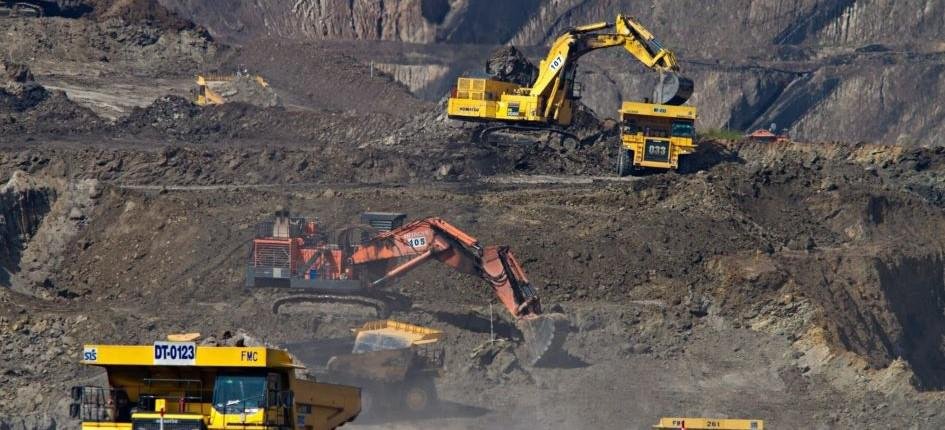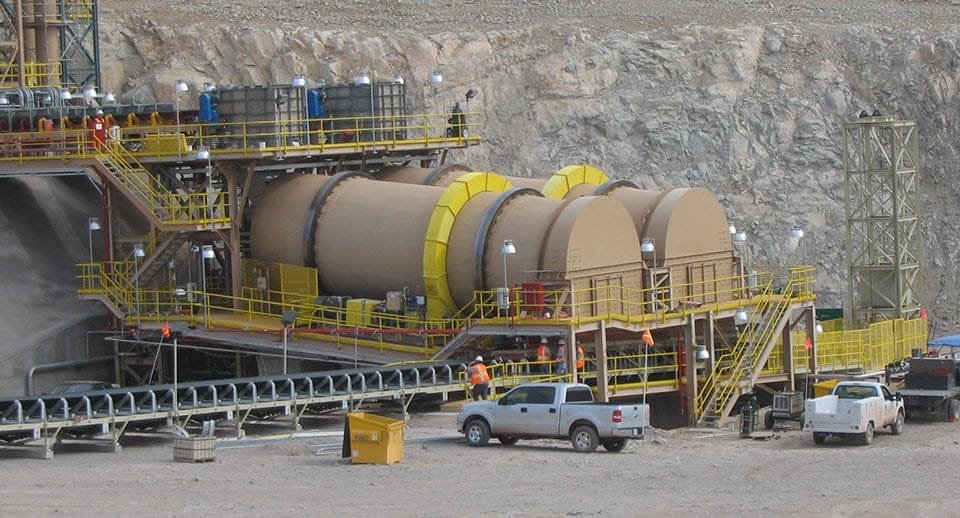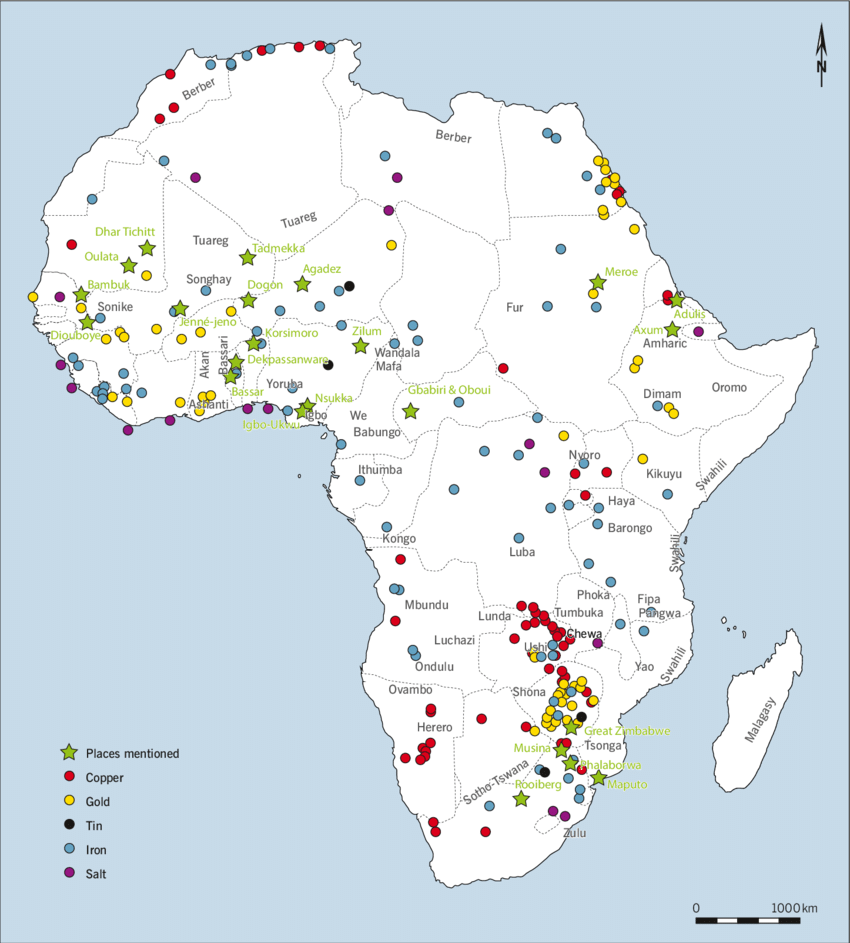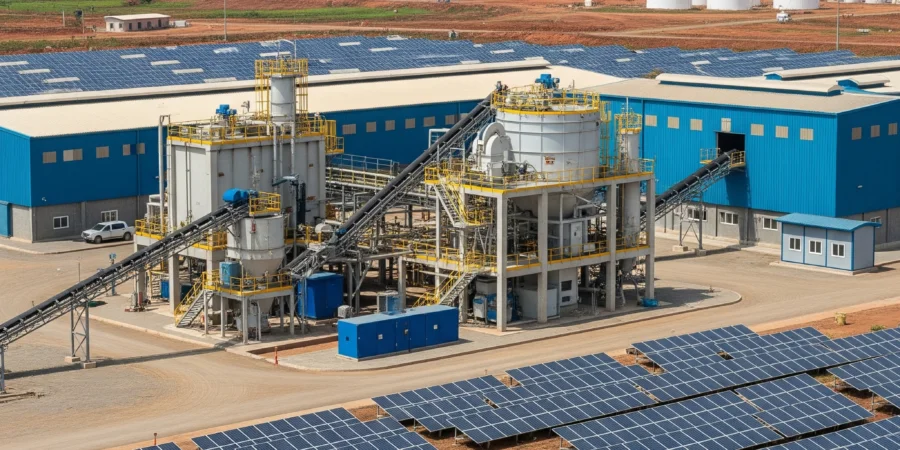Mining Business in Africa

The mining business in Africa is a cornerstone of the continent’s economy, attracting billions in investment and supplying critical minerals to global markets. With vast reserves of gold, cobalt, lithium, copper, platinum, and diamonds, Africa offers significant opportunities for local entrepreneurs, multinational firms, and joint ventures.
Here’s a concise overview of the mining business landscape across Africa.
1. Economic Significance
Mining contributes significantly to African economies through:
- Export revenue – Minerals account for up to 30% of total exports in countries like DRC, Botswana, and South Africa
- Employment – Supports over 2 million formal jobs and tens of millions indirectly
- Foreign direct investment (FDI) – Major inflows from China, Canada, Australia, and Europe
- Infrastructure development – Roads, power, and rail projects linked to mining zones

2. Key Minerals Driving Business
| Mineral | Top Producing Countries | Global Role |
|---|---|---|
| Gold | Ghana, Mali, South Africa | Jewelry, reserves, technology |
| Cobalt | Democratic Republic of Congo (DRC) | EV batteries, electronics |
| Lithium | Zimbabwe, Namibia, Mali | Energy storage, battery production |
| Copper | DRC, Zambia | Electrification, renewable energy |
| Platinum | South Africa | Catalytic converters, hydrogen tech |
| Diamonds | Botswana, Angola, Sierra Leone | Gemstones, industrial tools |
These minerals are central to the clean energy transition and digital economy.
3. Types of Mining Businesses
- Large-Scale Industrial Mining: Operated by global firms like Anglo American, Barrick Gold, CMOC, and Sibanye-Stillwater
- Mid-Tier and Junior Miners: Focus on exploration and niche deposits; often listed on TSX or ASX
- Artisanal and Small-Scale Mining (ASM): Informal but widespread; supports livelihoods in rural areas
- Local Contractors & Service Providers: Supply drilling, logistics, maintenance, and security services

4. Investment Climate and Regulations
Most African governments welcome mining investment but require compliance with:
- Local ownership rules (e.g., B-BBEE in South Africa)
- Environmental Impact Assessments (EIAs)
- Social and Labour Plans (SLPs) – Community development commitments
- Royalty and tax frameworks
Countries like Botswana, Ghana, and Namibia are known for stable regulatory environments.
5. Challenges and Future Outlook
Challenges:
- Political instability in some regions
- Infrastructure gaps (power, transport)
- Artisanal mining conflicts and informal trade
- Environmental concerns and community relations
Opportunities:
- Rising demand for battery minerals (lithium, cobalt, graphite)
- Growth in local beneficiation – processing ore within Africa
- Adoption of AI, automation, and green mining technologies
- Expansion of regional value chains in Southern and West Africa

FAQs
Q1: Is mining a profitable business in Africa?
A1: Yes—especially in gold, cobalt, lithium, and copper, where global demand remains strong.
Q2: How can I start a mining business in Africa?
A2: Through prospecting licenses, joint ventures, or service contracts with licensed operators.
Q3: Which African country is best for mining investment?
A3: Botswana, Ghana, Namibia, and South Africa rank high for stability and transparency.
Conclusion
The mining business in Africa is dynamic and growing, driven by rich mineral resources and increasing global demand. With responsible practices and strategic partnerships, it offers long-term value for investors, governments, and communities.

